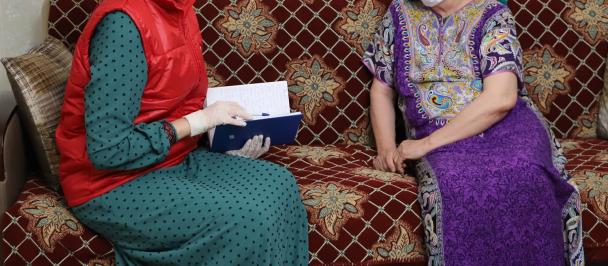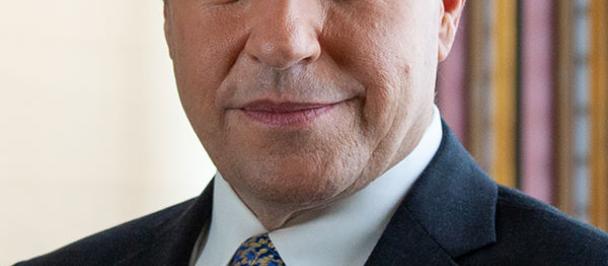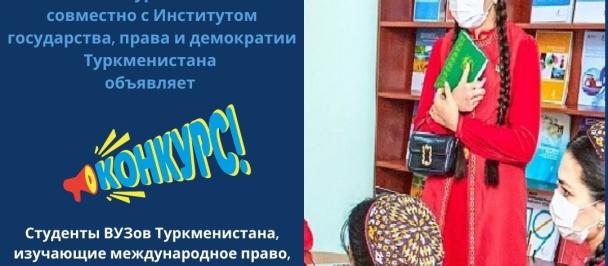Ashgabat, 2 August 2018: Stakeholders of “Strengthening TB Prevention and Care in Turkmenistan” get together to identify the priority technical intervention areas with a particular focus on the strengthening diagnosis, treatment and management of drug resistant TB.
The meeting is assembled between the international and national parties involved into TB control in Turkmenistan: World Health Organization (WHO), the United Nations Development Programme (UNDP), the Ministry of Health and Medical Industry of Turkmenistan, National TB Programme the Global Fund to fight AIDS, Malaria and Tuberculosis, and USAID.
“MDR-TB takes more lives than any other disease. 1/3 of death from infectious diseases in Turkmenistan accounts to TB. Aggravated by alcohol and tobacco use, MDR-TB hits the most vulnerable groups of the population. Social stigma is a problem that prevent people from sticking to the medical treatment. Today, we have gathered here to discuss the existing issues and the solutions that we are implementing,” noted Dr. Muhammed Ergeshov, Head of Treatment and Prevention of TB department of the Ministry of Health and Medical Industry of Turkmenistan.
The discussions and identified needs will inform development of “Challenge TB” project that will be launched by WHO country office in Turkmenistan to deliver additional technical assistance and resources. “Challenge TB” project will complement the counterpart and the Global Fund’s financing of TB care in effort to reach the national targets of the National Program for Prevention and Control of Tuberculosis in Turkmenistan in 2016-2020.
***
National TB Programme (NTP) of Turkmenistan made significant progress in control of TB over the last decade. In 2007-2016 the WHO estimated incidence of TB declined by 32% (from 88 to 60 per 100,000) and mortality – by 46% (from 14 to 7.6 per 100,000). In 2013 NTP with support from the UNDP project funded by the Global Fund started quality treatment of TB with multiple drug-resistance (MDR-TB) supplemented with psychosocial patient support programme. In 2017 treatment of extremely drug-resistant TB (XDR-TB) with “novel” TB drugs - Bedaquiline and Delamanid - has been made available free of charge through the UNDP/Global Fund project. Bedaquiline and Delamanid are a potential cornerstone of novel TB regimens currently in development with a novel mechanism of action. The NTP is planning to scale up implementation of new drugs in the country, hence additional funds and technical assistance will be needed to support the NTP.

 Locations
Locations


